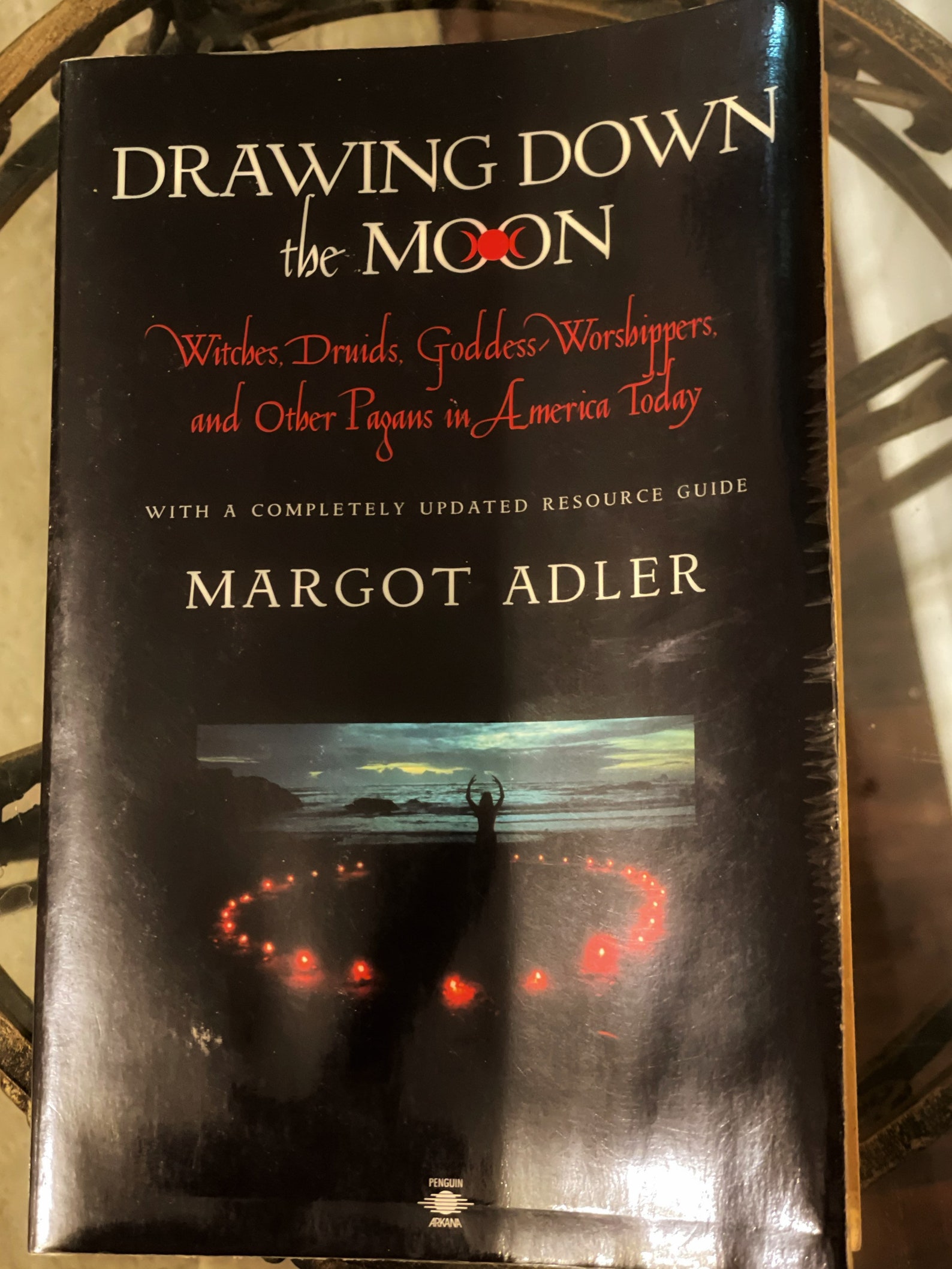
If Neo-Paganism were presented as an intellectual and artistic movement

Ties with, let us say, the Transcendentalists or the Surrealists, as long as the word TheyĪre fascinated by people of diverse professions and lifestyles who have historical

Many of these people maintain a generous openness about visionaries, poets, andĪrtists, some of whom may be quite mad according to “rational” standards. Ideas exert a dangerous power that might weaken their rational faculties. “I have noticed that many intellectuals turn themselves off the instant they areĬonfronted with the words witchcraft, magic, occultism, and religion, as if such Although reporting on Paganism and Wicca has improved in the last decade, pop journalists often still present a Neo-Paganism composed of strange characters and weird rites.”ĭrawing Down the Moon: Witches, Druids, Goddess-Worshippers, and Other Pagans in America Jungian psychologists would rush to study the Neo-Pagans’ use of ancient archetypes and their love of the classics and ancient lore.īut words like witch and pagan do not rest easily in the mind or on the tongue. Literary critics would compare the poetic images in the small magazines published and distributed by the groups with images in the writings of Blake and Whitman. Political philosophers would write articles on the Neo-Pagans’ sense of wonder and the minority vision they represent. If Neo-Paganism were presented as an intellectual and artistic movement whose adherents have new perceptions of the nature of reality, the place of whose adherents have new perceptions of the nature of reality, the place of sexuality, and the meaning of community, academics would flock to study it. They are fascinated by people of diverse professions and lifestyles who have historical ties with, let us say, the Transcendentalists or the Surrealists, as long as the word occult is not mentioned. Yet many of these people maintain a generous openness about visionaries, poets, and artists, some of whom may be quite mad according to “rational” standards.


“I have noticed that many intellectuals turn themselves off the instant they are confronted with the words witchcraft, magic, occultism, and religion, as if such ideas exert a dangerous power that might weaken their rational faculties.


 0 kommentar(er)
0 kommentar(er)
